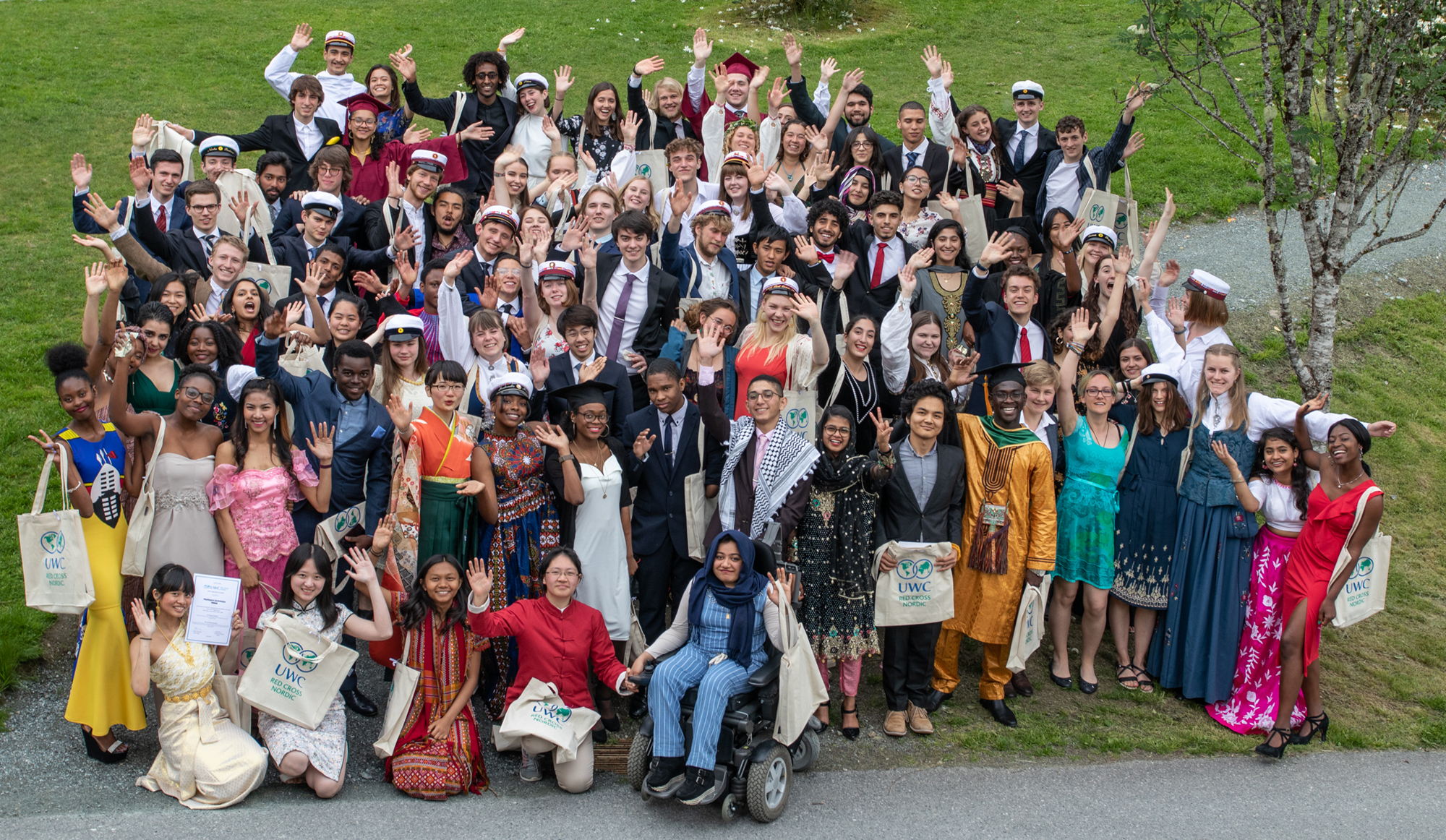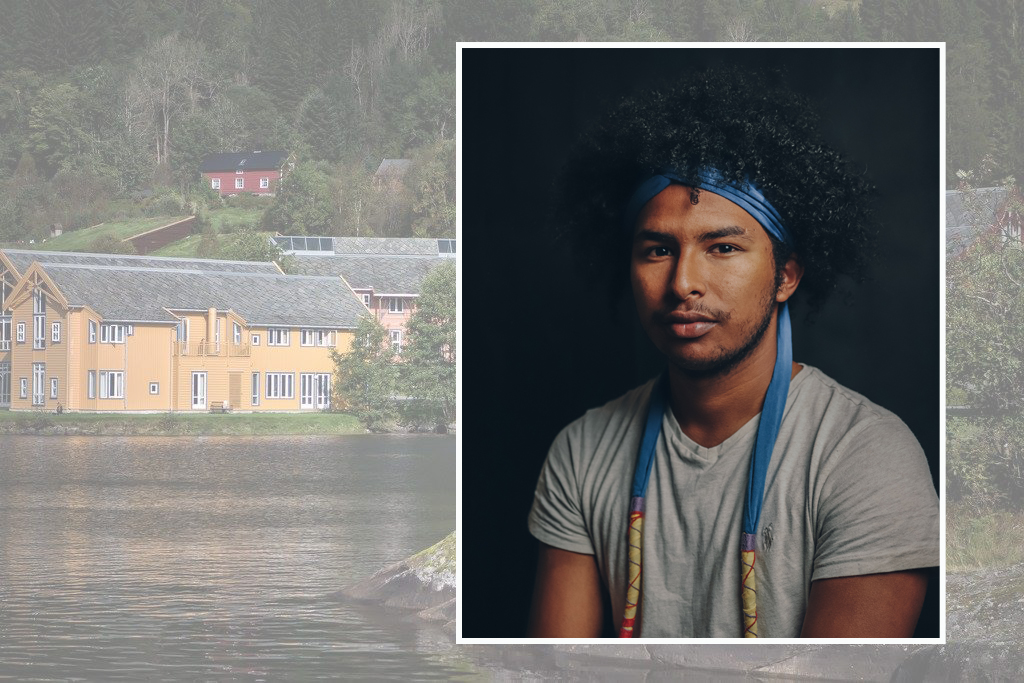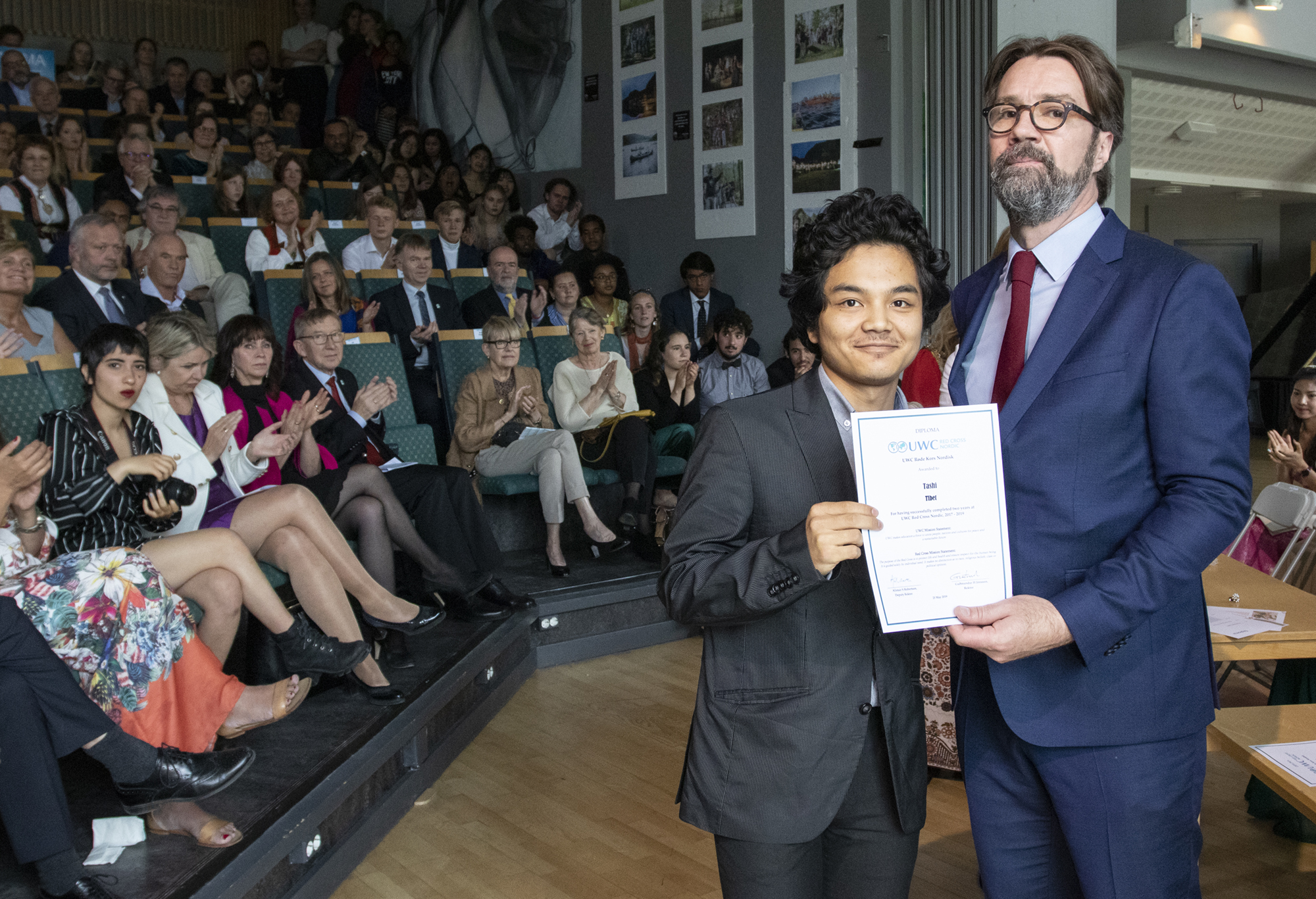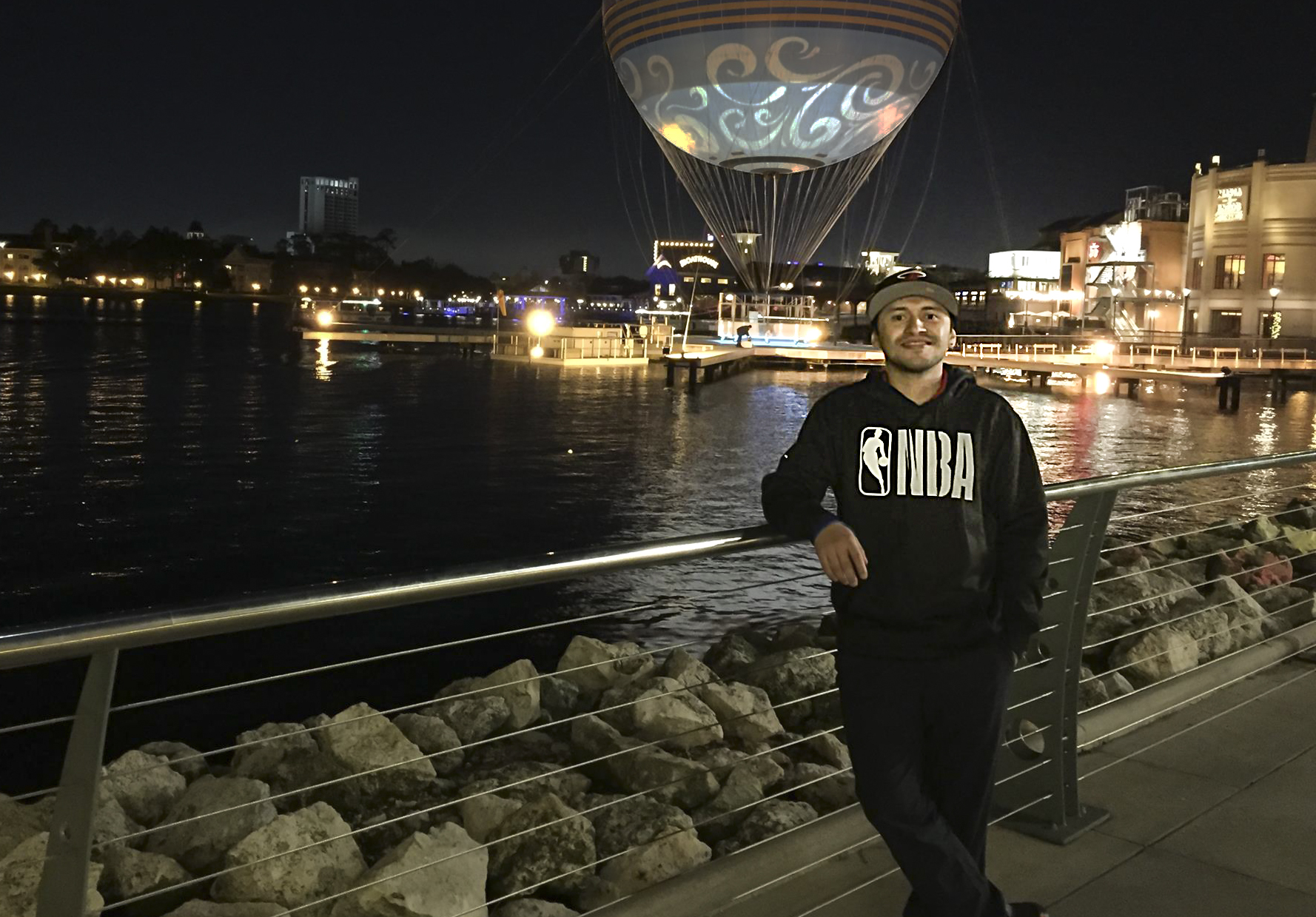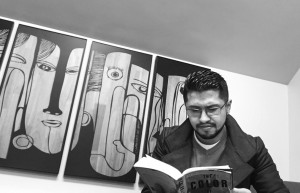Sara Al-Husaynat (RCN ’16-’19)
Finding a different version of yourself
Having earned the chance to attend a Norwegian boarding school offering a two-year International Baccalaureate Diploma Program, Sara’s family had questions if she would be able to manage it without their support due to having a disorder called OI. ‘Especially my father has always provided me with lots of love and care.” says Sara. He was concerned about letting me go alone and so far away from him and the family.’
‘Education is my passion’
Sara has always had a strong desire to go to school like other children and had insisted her family let her go. She was granted her wish but was not attending class every day. Due to practical constraints Sara was taken to school only on exam days and did her studies from home for the rest of the time. ‘The good thing was, there were lots of exam days in my elementary and high school – 2 or 3 days per week. So, it felt like I was attending school regularly. It makes me happy to be a student. I can definitely say that education was my passion.’ Asked if this means that education is not her passion anymore, Sara replies ‘I have an additional passion now: art – I started art making! It is something that I discovered recently. I didn’t know I had this passion before, because I had never had the opportunity to explore this field.’
Sara is rightly proud of the choices she has made, not allowing her physical disability to stop her from accessing education. ‘I know my persistence to get what I want helped me a lot. Back home in Iraq, most disabled people are restricted to family life. Due to a lack of facilities and accessibility, they have to make extra efforts to get somewhere, and that is not always easy unless the family is willing to help’
Finishing her high school by just going on exam days may have been seen as an achievement by her father and the rest of the family, but not for Sara. She could not settle with the idea of halting her education at that stage, especially knowing that she had a chance of going further through the scholarship offered by UWC Red Cross Nordic. So again, she chose to negotiate with her father, and this time succeeded in getting her family’s support for going to UWC Red Cross Nordic.. Looking back, she considers taking this opportunity a life changer.
‘I am stronger than I thought’
‘I am a totally different person now’ says Sara, reflecting on the impact of her time at the college. ‘I have grown up more in the last three years here than in all of my life before. I am much more mature now in terms of understanding myself and others and in being open-minded to new ideas. I am more curious about life itself. I do not think this would be possible if I hadn’t come here to be exposed to the challenges of living with new people.’
The scholarship at UWCRCN came with an additional offer of support for Sara through the co-operation with the Red Cross Haugland Rehabilitation Centre. Like the other students who are in the Foundation Year Program, Sara has stayed at UWCRCN for three years. The first year, there was much focus on independence training, and since she has been able to move around on her own with a wheelchair. Sara describes her ability to do things for herself without asking and waiting for others to help, as a new chapter in her life. Managing the challenge(s) starts(ed) with laundry. ‘For some reason, doing my laundry was the most difficult task of all the housework I have had to help myself with. Simple chores like making my bed and cooking were all new experiences I never had to do before. Now I can do everything by myself. And the process of acquiring this independence typically starts with making someone introduce you to how to do it. Angie (Toppan) was especially important in helping me gain this.’ The ability to run her life independently, has given Sara a new understanding about herself. She has found herself to be much stronger than she previously thought. ‘It is ironic that I was assuming I was a weak person because of my disability. leaving behind things I want to do thinking them not possible.That attitude has changed now’.
Sara’s new passion for making art is something she relates to the experience of gaining independence. By doing things for herself by herself and by planning for it, she is developing an attitude of challenging barriers with the purpose of expanding her horizons. Planning my next day sometimes keeps me awake at night’, Sara says. And after graduation there are some more big decisions and plans to be made.

